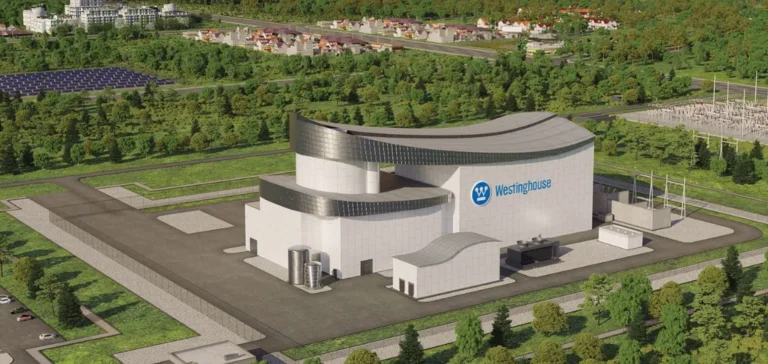Slovakia is nearing an agreement with the United States to entrust American company Westinghouse Electric Company with the construction of a new nuclear reactor in the country. Slovak Prime Minister Robert Fico stated that negotiations between Bratislava and Washington are progressing towards a final agreement enabling the initiation of construction works on this high-capacity reactor at the Jaslovske Bohunice nuclear power plant.
A project of national importance
According to details provided by the head of government, the reactor proposed by Westinghouse will have an installed capacity of 1,250 megawatts (MW). Although the Prime Minister did not disclose the exact amount of the contract, a previous estimation by the Slovak Ministry of Economy assessed the potential cost at €10 billion ($11.57bn). This investment fits into Slovakia’s broader national plans to significantly strengthen its nuclear capacities to address the projected increase in electricity consumption over the coming decades.
Strengthening energy capacities
Slovakia currently operates five nuclear reactors spread across two sites, with production capacity already surpassing annual domestic consumption since 2023. This achievement was notably due to the commissioning by Slovenske Elektrarne of a 472 MW reactor at the Mochovce site. Slovenske Elektrarne, majority-controlled by the Czech energy group Energetický a průmyslový holding (EPH), also includes a 34% stake held by the Slovak state.
Planned nuclear expansion
Additionally, Slovenske Elektrarne is currently completing the construction of another reactor at Mochovce. The Jaslovske Bohunice plant, where the new Westinghouse reactor would be built, already houses two operational units of 505 MW each. Last year, the Slovak government approved plans to build an additional unit, intended to be state-owned and operational by 2040.
This initiative reflects the clear intention of Slovak authorities to reinforce nuclear energy’s position within its long-term energy mix. The proposed agreement with Westinghouse directly aligns with this ambitious energy strategy defined by Bratislava.






















